5 Hidden Costs of Living with Chronic Anxiety – Episode 438
 I’ve long realized that many people who have chronic anxiety aren’t aware that they have it. They will chalk it up to stress, or some other physical ailment. If they go to their doctor for, let’s say, digestive issues, they will be given a prescription that might be helpful but often times won’t address the root cause of the problem which is chronic anxiety, which is often diagnosed as an anxiety disorder.
I’ve long realized that many people who have chronic anxiety aren’t aware that they have it. They will chalk it up to stress, or some other physical ailment. If they go to their doctor for, let’s say, digestive issues, they will be given a prescription that might be helpful but often times won’t address the root cause of the problem which is chronic anxiety, which is often diagnosed as an anxiety disorder.
Anxiety, especially if it’s chronic, (persistent or constantly recurring), can present or show up as many different symptoms which may not be recognizable as anxiety. According to the Journal of Affective Disorders 11.5% of the population experiences mild to severe anxiety symptoms but does not recognize having any symptoms.
Listen to this podcast episode now >
I’m not suggesting that every stomachache, episode of depression or tendency to want to have more alcoholic drinks than you should is a sign of anxiety, but if you are consistently experiencing any of these things, for example, you should assess your daily level of anxiety.
As you might know, anxiety can be defined as intense, excessive, and persistent worry and fear about everyday situations. Fast heart rate, rapid breathing, and sweating, are a few of the signs that your body is having what is called the “fight flight response”, which is a severe reaction to stress and which has evolved as a survival mechanism, enabling people and some animals to react quickly to life-threatening situations. According to the ADAA which is the Anxiety and Depression Association of America, anxiety disorders are the most common mental illnesses in the US, affecting 40 million adults; that’s 19 % of the population age 18 and older, every year. Even though anxiety disorders are highly treatable, only 37 % of these suffering seek treatment. Maybe they don’t feel they need treatment, maybe they feel they can deal with it, or maybe they are not aware of the price they pay to live with anxiety.
As an example, the global annual direct cost of anxiety disorders has been estimated to be up to $6.5 trillion, or 2.08 % of all healthcare-related expenditures according to the Journal of Affective Disorders.
There are costs to the chronic activation of this survival mechanism we know as anxiety. Here are 5 that you may not realize because they are often hidden.
1. Happiness. It’s hard to be happy when you are anxious and fearful. Reduced life satisfaction, reduced psycho-social functioning, and greater stress are the consequences of chronic anxiety. In addition, individuals that suffer from anxiety disorders often have other psychiatric disorders, the most common being depression, which is pretty much the opposite of happiness right? One cost that you will pay for your chronic anxiety is impaired happiness and mental health.
2. Lower quality of health. Digestive disturbances, impaired sleep, a reduced ability to rest, relax and be calm, and chronic pain in the body can be the consequences of chronic anxiety or an anxiety disorder. Ever heard of the gut brain connection? When your body is in the fight flight stress response, your digestive system can slow down or be shut down entirely. The neurotransmitters and hormones released when we have anxiety and stress can negatively impact gut motility (the ability of the gut to move waste through the body) and also affect the delicate balance of gut bacteria. If your digestion is not in balance and not healthy, food is not being absorbed, it’s staying in your stomach too long, and it’s causing upset stomach distress which can make you even more anxious.
Chronic anxiety can also negatively impact your sleep and I would suggest that for many people this is the first symptom of anxiety that they’ll become aware of but not recognize as anxiety related. People who are in a constant state of anxiety are hypervigilant, which is an elevated state of constantly assessing potential threats around you. If your body and mind feel constantly under threat, your body will have real problems falling or staying asleep.
The mind body connection is powerful, and research has shown for a long time that what you think and feel can cause physical symptoms in the body including pain. Prolonged levels of stress hormones can result in
feeling weak or tired, headaches and stomach distress as we just discussed. The chronic tension of anxiety can result in physical pain in the body such as neck and back pain.
A lower health related quality of life is a hidden cost of chronic anxiety.
3. Work and academic performance. Irritability, lack of focus, being distracted by worries, and fear of failure are just a few of the negative impacts that anxiety can have on your job performance. Social anxiety can stop you from networking with other professionals for greater opportunity. Chronic anxiety can keep you from engaging in public speaking or making the presentations that can move you forward in your career, causing career stagnation. In addition, the impact of needing to miss work to deal with chronic anxiety can cause obvious work issues as well.
The effect of anxiety on academic performance can be hidden as well. According to the Economic and Social Research Council, “anxious individuals find it harder to avoid distractions and take more time to turn their attention from one task to the next than their less anxious peers.” In addition: “anxiety had more effect on how much effort it took to perform a task than on how well the task was actually performed. In other words, anxiety often produced “hidden costs” that were not apparent in performance.” For many that deal with test anxiety, that cost is well known and experienced.
4. Unhealthy coping habits. Human beings will do what they can to avoid pain and discomfort. If you don’t have healthy comping strategies to deal with anxiety, you might turn to unhealthy coping habits which may include substance abuse, avoidance, self-harm, and negative self-talk such as shaming and blaming yourself. Substance abuse could include drinking, drugs, sex, gambling, or emotional eating or binge eating. These behaviors in turn can impact your health, job and relationships. 5. Chronic anxiety is expensive. According to the National Institute of Health, The average estimated total medical cost for individuals diagnosed with any anxiety disorder was $6,475. That’s just the medical cost for anxiety and doesn’t include the cost of treatment for co-morbidities that accompany anxiety, such as gut problems, sleep problems, and addressing body pain. It doesn’t include missed time from work, lower work productivity and lost
opportunity costs. And you can’t really put a price on the negative impact on happiness, your relationship or how you feel about yourself.
So, in closing, if you are not doing anything about your anxiety and just trying to power through and deal with it, you might be paying a higher price than you know. And, if you don’t think you have anxiety, but resonate with some or all of what I’ve said, well, you might want to think again.
What can you do about anxiety? I’ve posted a lot of podcasts about how to deal with anxiety. You can go to Tedmoreno.com/podcast and search for anxiety. But here are a few essential things you want to do:
· Give yourself more downtime, more relaxation time, and more time to enjoy life. Laugh more.
· Take a good look at your alcohol and caffeine intake: Both alcohol and caffeine can make anxiety worse and cause mood shifts.
· Take care of your body: Make sure to get enough sleep, don’t skip meals and eat good food. Get exercise, even if it’s just walking, this will help you get out of your of your head and into your body as well as release tension from the body.
· Try mindfulness practices such as meditation, yoga, tai chi.
· Use breathwork, which are different breathing techniques that can help reduce anxiety and stress.
· Get a massage or acupuncture to calm the body and the nervous system.
And of course, if after todays’ episode you’re asking yourself if hypnotherapy can help you reduce anxiety and the price you pay for having it, I’d like to offer you a one-time complimentary consultation. Well talk about what’s going on, I’ll answer any questions you might have and if you are ready, we’ll schedule your first hypnotherapy session. You can request your consultation by going to tedmoreno.com/contact.
And if you want to read a blog post of this episode with links to more resources go to Tedmoreno.com/blog.
Thank you for listening today and here is this episode’s quote. You may have heard this before, by Franklin D. Roosevelt:
The only thing we have to hear is fear itself.
Take care of yourself and we’ll talk soon.
Ted
Want to catch up on previous episodes? Click here >
Anxiety, especially if its chronic, can show up as many different symptoms that may not be recognizable as anxiety. Ten percent of the population has symptoms of anxiety but doesn’t even know that’s what they are experiencing. In this important episode, Ted talks about the 5 costs of living with chronic anxiety that are often hidden, leading those who have anxiety to avoid addressing their challenge or to try to power though and “deal” with it, not understanding the price that they and their loved ones pay. If you or someone you know is suffering from chronic anxiety and its cost, please listen to this episode or share it. If you are interested in exploring hypnotherapy as a tool to overcome anxiety, request a complimentary consultation: go to tedmoreno.com/contact and Ted will get back to you within 48 hours.



 It has been suggested by people much smarter than me that what you do first thing in the morning has a tremendous impact on how the rest of the day goes.
It has been suggested by people much smarter than me that what you do first thing in the morning has a tremendous impact on how the rest of the day goes.
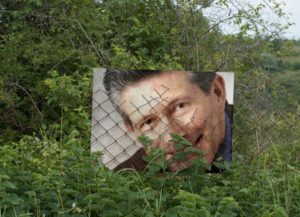 We all have things we want. Consciously, we have goals, desires, and outcomes we want to achieve. However, our subconscious mind, which is more than 75% of our mind, might have “programming” that is in conflict with what we are trying to achieve. If that is the case, our subconscious mind will do what it can to stop us. That’s when we feel blocked. It’s that feeling that no matter how hard we try, we always seem to stop ourselves through self-sabotage, procrastination and giving up too soon.
We all have things we want. Consciously, we have goals, desires, and outcomes we want to achieve. However, our subconscious mind, which is more than 75% of our mind, might have “programming” that is in conflict with what we are trying to achieve. If that is the case, our subconscious mind will do what it can to stop us. That’s when we feel blocked. It’s that feeling that no matter how hard we try, we always seem to stop ourselves through self-sabotage, procrastination and giving up too soon.


 Lately I’ve had more than a few people come to me for help with mending their broken hearts.
Lately I’ve had more than a few people come to me for help with mending their broken hearts.
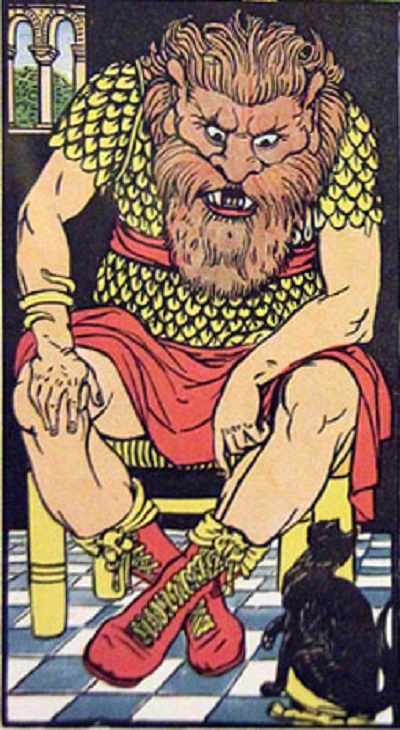
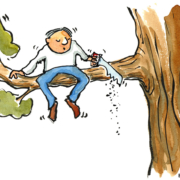
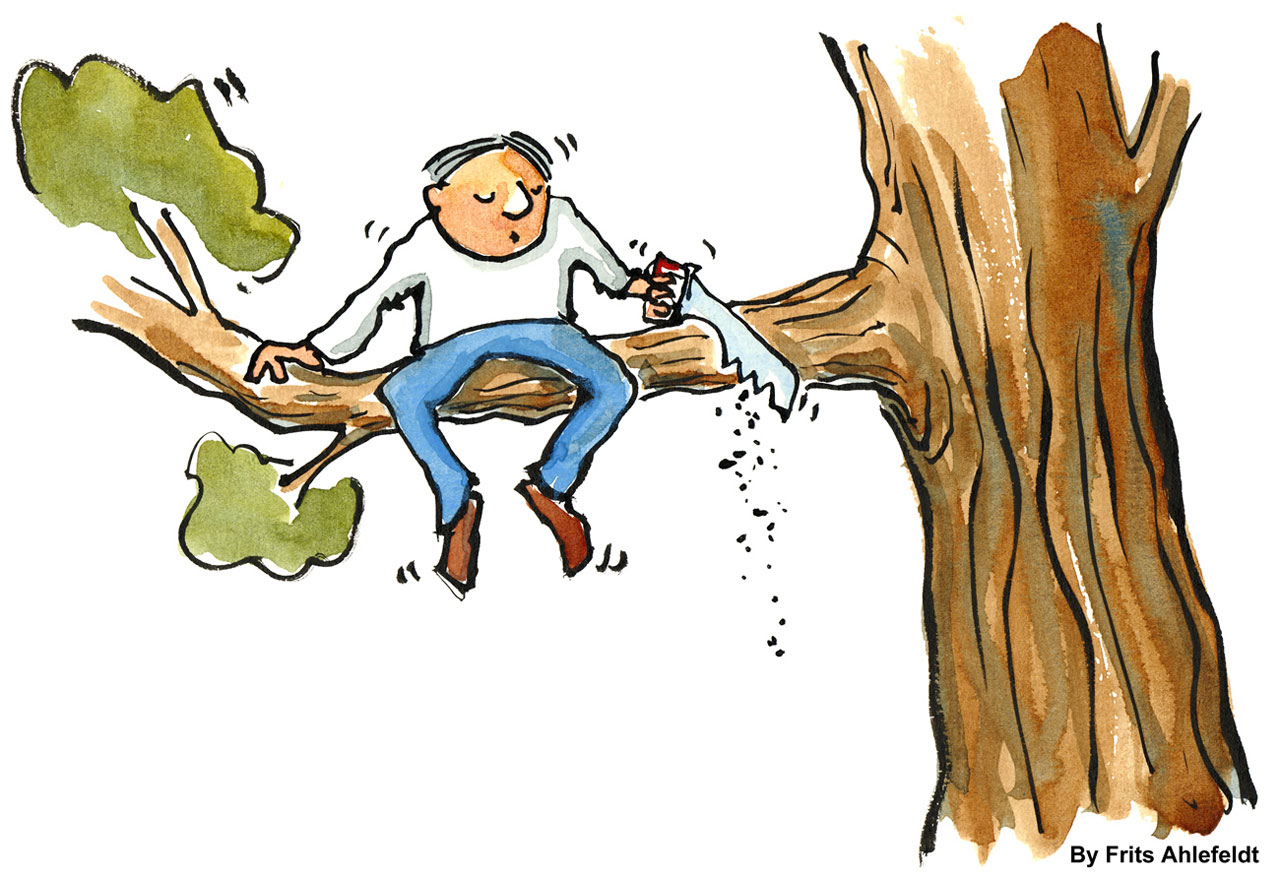
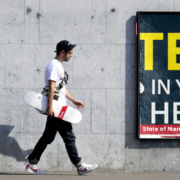
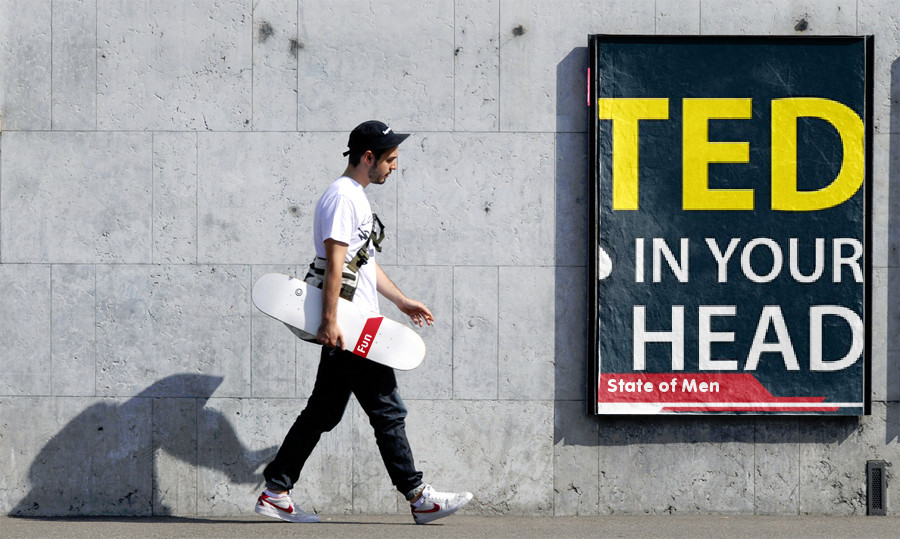

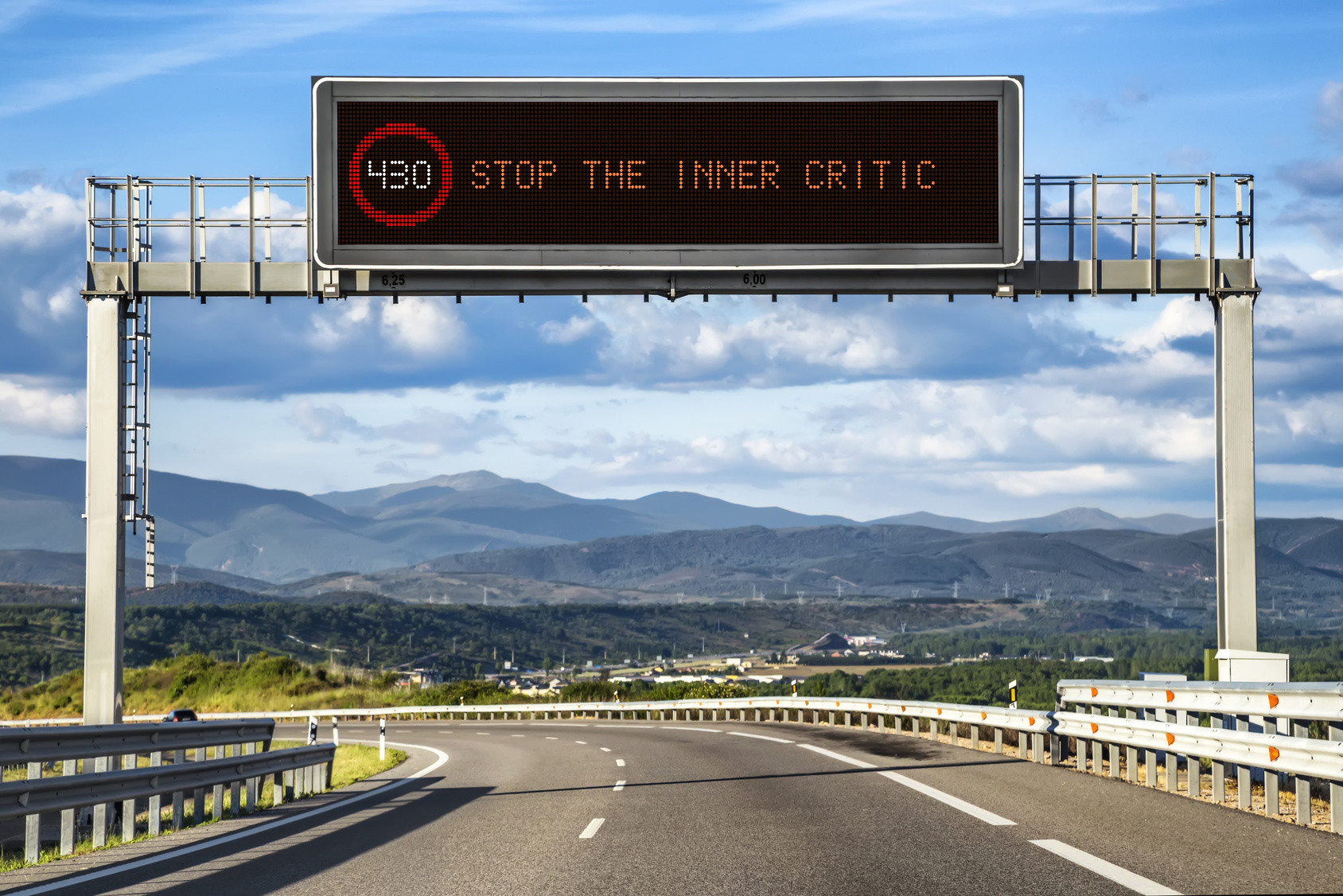

 The first time I went to a business mixer, I was so nervous about meeting other people, that after getting a drink, I went and stood in a corner next to another guy who also seemed to have the same problem. That’s where I stayed the whole night. I went home and my wife asked me how it went and I told her it didn’t. She went with me the next time and that made it a lot easier.
The first time I went to a business mixer, I was so nervous about meeting other people, that after getting a drink, I went and stood in a corner next to another guy who also seemed to have the same problem. That’s where I stayed the whole night. I went home and my wife asked me how it went and I told her it didn’t. She went with me the next time and that made it a lot easier.